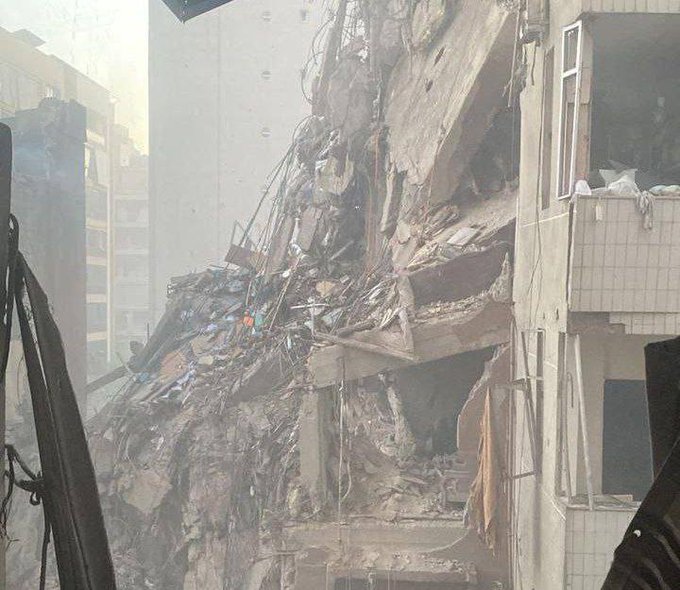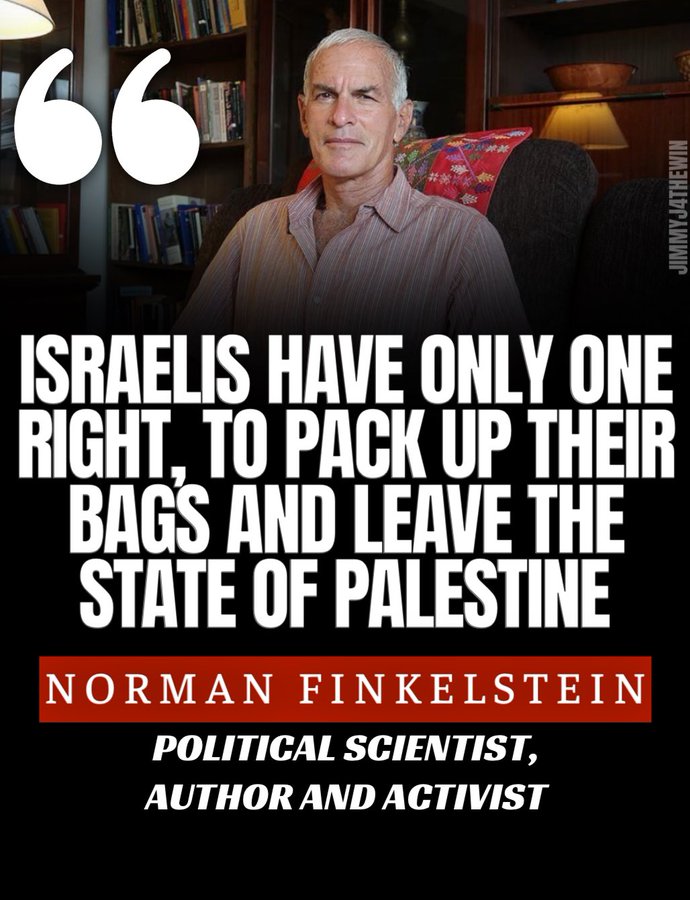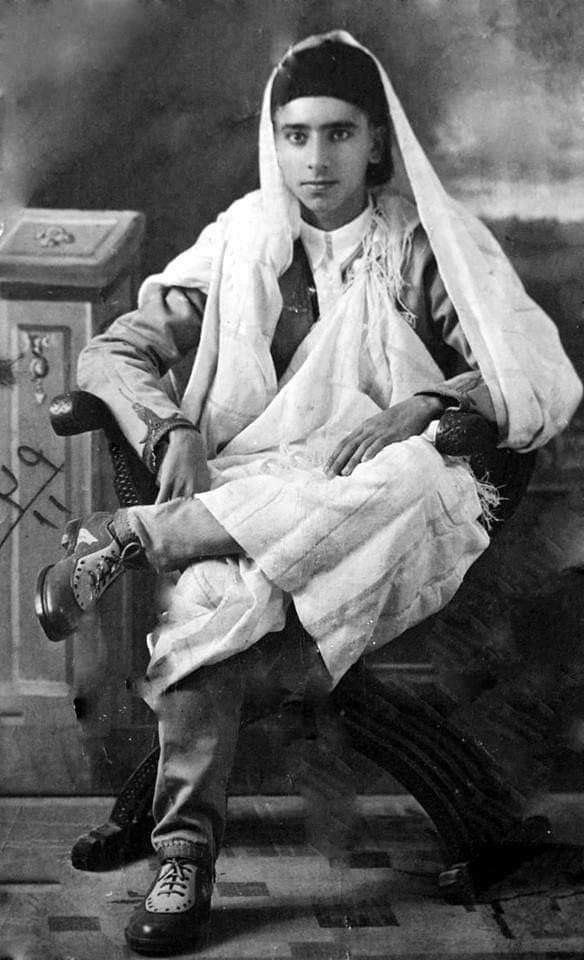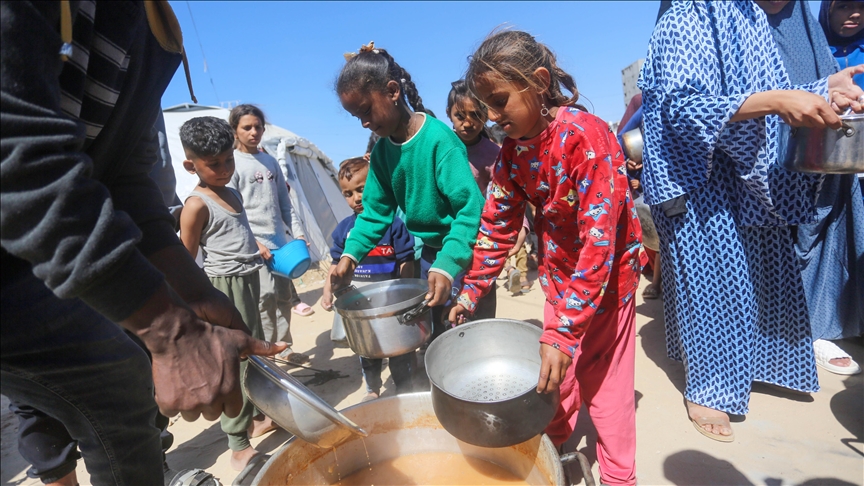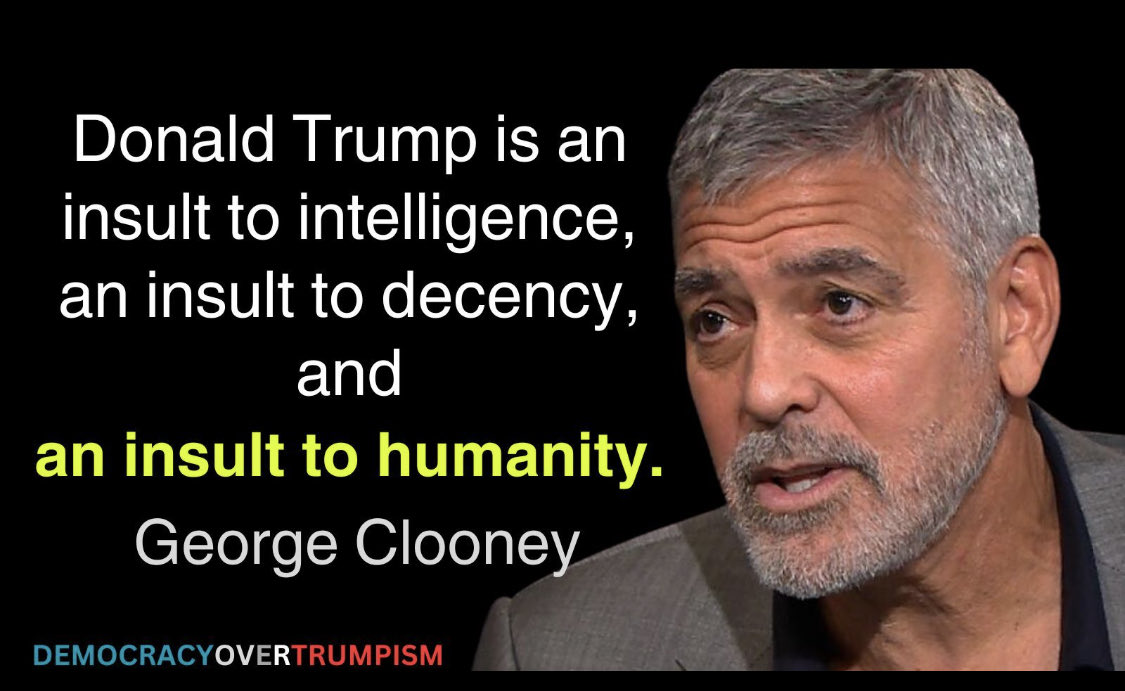Families fleeing violence in Lebanon are struggling to find safety in shelters across the country with at least one million people – a fifth of the population – now displaced with half leaving their homes in the past four days, Save the Children said.
Numbers are expected to swell following new relocation orders issued by Israeli forces on Tuesday, demanding residents in more than two dozen villages in the south of Lebanon to relocate north of the Awali River, approximately 50 km into the country.
The beginning of ground military operations has been widely reported by media as well as air attacks across Lebanon, including strikes on Ein El Helwe, the largest refugee camp in Lebanon, that reportedly killed seven people, including four children.
The speed of the crisis is placing immense pressure on hospitals, with over 37 Primary Health Care Centres forced to close due to safety concerns, while airstrikes have severely damaged 25 water facilities, leaving 300,000 people without access to clean water.
Over 154,000 displaced people are currently taking refuge in 851 active shelters, including public schools, with 70% of them already at full capacity, and only some equipped with proper showers, sanitation facilities, hot water and heating. Others are staying with host families, often in overcrowded conditions.
Since 23 September, Save the Children has distributed relief items to over 27,000 individuals, including 11,000 children, across 70 shelters, such as blankets, mattresses, hygiene kits, and bottled water. Distributions are ongoing in the North, Bekaa, West Bekaa, Rashaya, Mount Lebanon, Saida, Sour, and Beirut.
The rate of displacement is unprecedented. During the 2016 Lebanon-Israel conflict, a similar number of people were forcibly displaced – over 970,000 – over the course of one month.
According to media reports, about 60,000 Israelis have been displaced from their homes in northern Israel.
Almost 2,000 people have been killed by Israeli airstrikes in Lebanon, including 104 children, and over 8,000 have been injured, according to Lebanon’s Ministry of Health.
Ahmad*, 37, a father of daughters aged two years and seven months, spent a day on the road seeking safety and is now staying at a shelter in Mount Lebanon. He said:
“My wife and I are terrified about what might happen next. We’re scared for our daughters. What if something happens to them? And if something happens to us, what will become of them? Our 7-month-old cries constantly because she senses our fear; she can tell her mother is frightened, and now we’re passing that fear on to her and her two-year-old sister.”
“We need diapers and baby food, proper clothes, and basic necessities. We couldn’t bring anything with us, we barely managed to grab our children and ran for our lives.”
Abir* is a 35 -year-old mother of three children, aged 10, eight and five. Her family fled their village in the south after it was bombed and is now staying in a shelter supported by Save the Children in Mount Lebanon. She said:
“It breaks our hearts to have left our home, but we had to put our feelings aside for the sake of our children. Our village, which had never been targeted before, was bombed, and our children were already terrified by the sonic booms and fake raids.
I barely managed to pull myself together. We had prepared a bag, knowing for almost a year that we needed to be ready, but nothing could have prepared us for the carnage that erupted on 23 September. It took us a full day to travel from South Lebanon to Mount Lebanon, an exhausting journey with no final destination. At first, we had no idea where we were heading; all my husband knew was that we had to escape as quickly as possible. I worry about how my children will cope with all of this. I know the scars this experience will leave on them, and it weighs heavily on my heart.”
Jennifer Moorehead, Save the Children’s Country Director in Lebanon said:
“Children all over the country are affected by this escalating violence, their lives turned upside down almost overnight as they lose their home and sense of safety. There are families in shelters, but also so many still in their cars or in the streets of Beirut, looking for some place to go. The sense of terror is palpable. Our teams are saying that more than anything, families are paralysed by the fear of the unknown.
Children will be disproportionately affected by this armed conflict. As in all recent armed conflicts, children will number too many among casualties.
Schools are closed, shelters and hospitals in Lebanon are under growing pressure, and we are doing our best to support displaced families, but with the launch of ground military operations in southern Lebanon, we are now inevitably going to see even more large-scale forced displacement and destruction.
Children’s lives in Lebanon and in the whole region are hanging in the balance. We call for an immediate ceasefire to prevent further suffering, ensure safe humanitarian access, and stop the conflict from escalating further across the region.”
Save the Children has been working in Lebanon since 1953. Since October 2023, we’ve been scaling up our response in Lebanon, supporting displaced Lebanese, Syrian and Palestinian children and families, and now have escalated an emergency response throughout the country in 70 shelters. Since October 2023, we’ve supported 71,000 people, including 31,000 children, with cash, blankets, mattresses and pillows, food parcels, water bottles and kits containing essential hygiene items.
Reliefweb

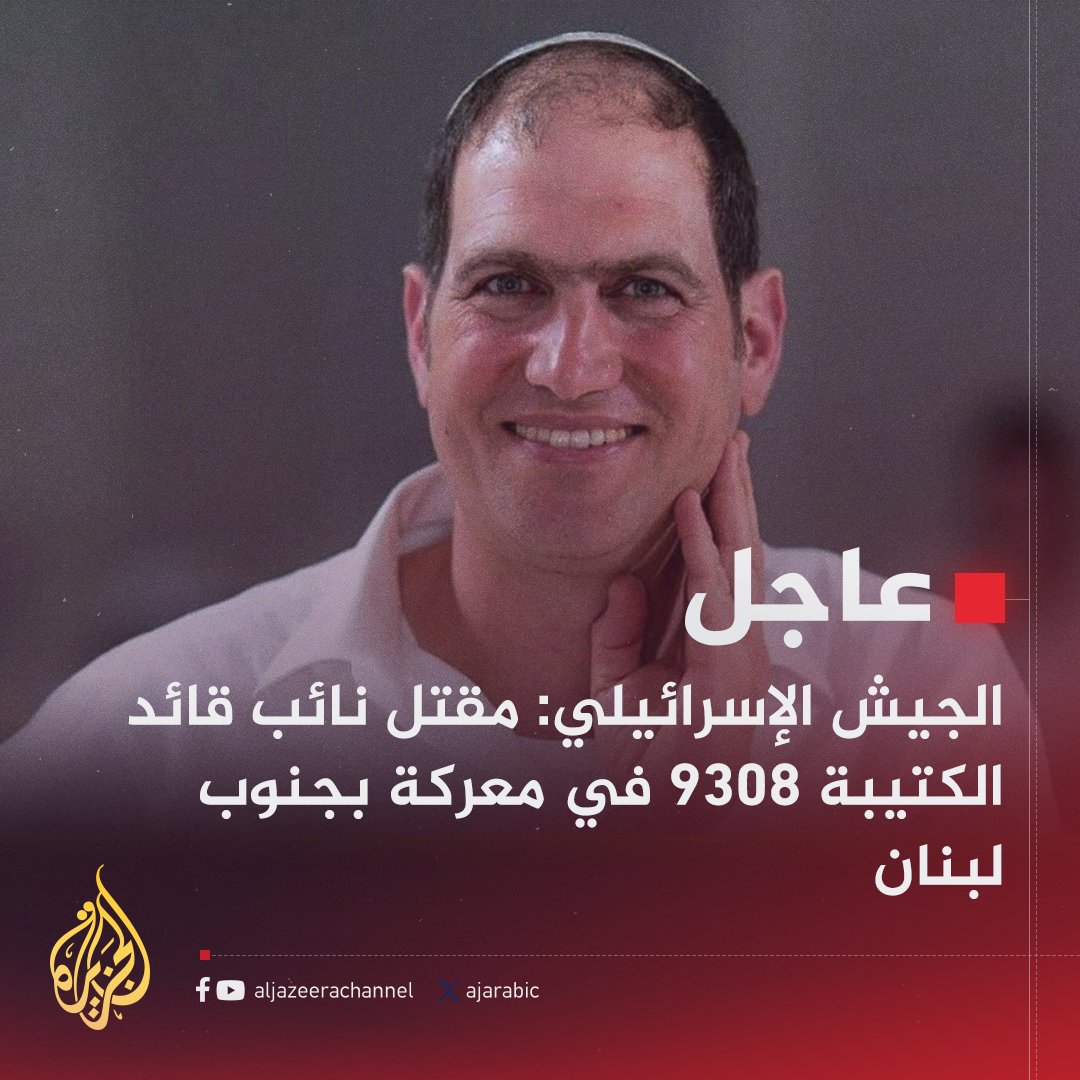
 BREAKING! Five Israeli soldiers from the Golani Brigade were killed in battles in Southern Lebanon.
BREAKING! Five Israeli soldiers from the Golani Brigade were killed in battles in Southern Lebanon. 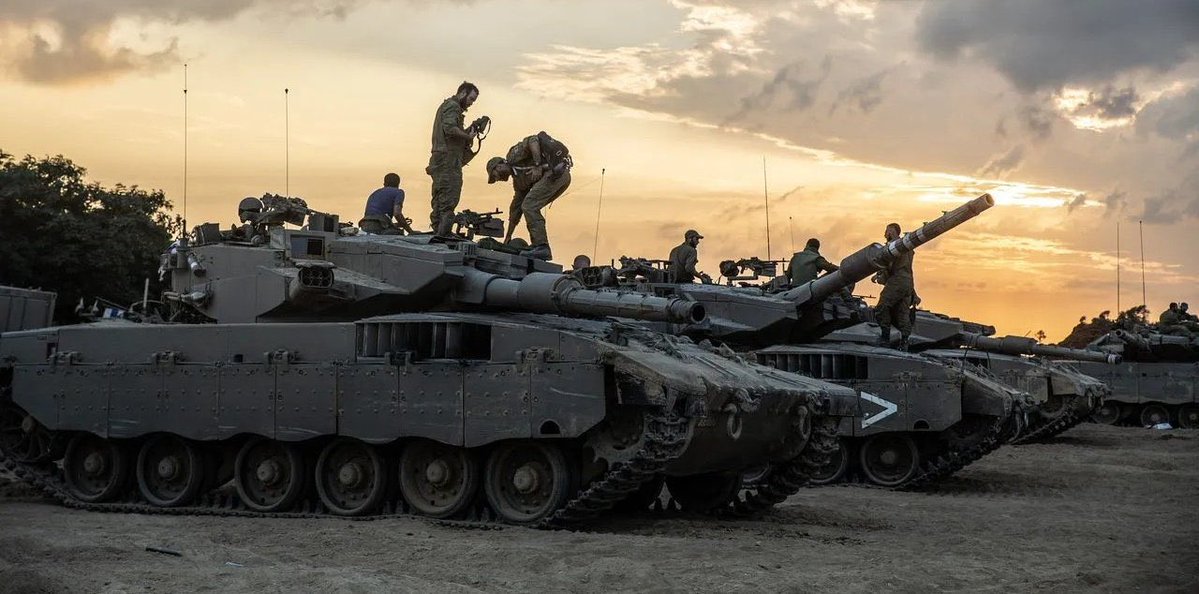
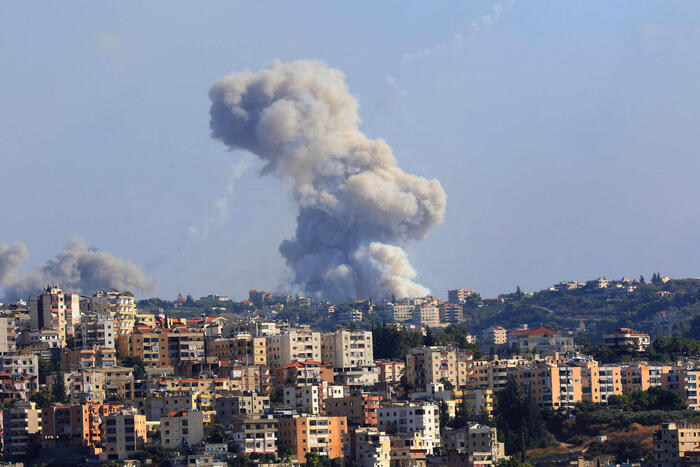
 LIVE updates:
LIVE updates: 